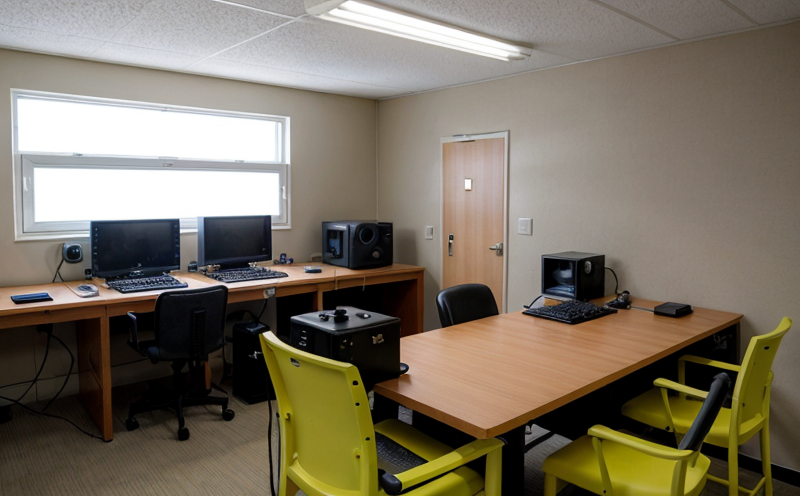ISO 13164 1 Radon in Water General Test Validation Method Development Test
The ISO 13164 series of standards provides a validated method for the determination of radon in water, which is crucial for ensuring compliance with international environmental regulations. The development and validation of this test are essential steps that ensure accurate and reliable results. This service focuses on validating methods according to ISO 13164:1, which specifies the general principles and procedures for testing radon in water.
Radon is a colorless, odorless gas produced by the natural radioactive decay of uranium found in soil and rock. It can dissolve in groundwater and thus pose potential health risks if present at high levels in drinking water supplies. The World Health Organization (WHO) has set a guideline value for radon concentration in drinking water as part of its efforts to protect public health.
The ISO 13164:1 standard provides guidance on how to develop and validate tests that meet the precision, accuracy, and robustness required by regulatory bodies. Our laboratory ensures that all tests adhere strictly to these standards, providing reliable data for decision-making processes in industries such as water treatment facilities, environmental consulting firms, and government agencies.
The process involves several key steps:
- Selection of appropriate sampling techniques
- Preparation of samples according to defined protocols
- Use of certified reference materials (CRMs) for calibration purposes
- Sensitivity testing across a range of concentrations
- Evaluation of method performance using statistical analysis
The ultimate goal is to produce reliable results that can be relied upon by stakeholders involved in environmental protection efforts. By adhering strictly to ISO 13164:1, we ensure that our findings contribute positively towards meeting global health standards.
Our team of experts works closely with clients throughout the entire validation process to ensure they receive accurate and actionable insights from their testing results. With decades of experience in environmental analysis, Eurolab is well-equipped to deliver high-quality services tailored specifically to meet client needs.
Eurolab Advantages
- Comprehensive Expertise: Our team consists of highly qualified professionals with extensive experience in environmental testing. They understand both the technical aspects and regulatory requirements associated with radon detection.
- State-of-the-Art Facilities: Equipped with advanced analytical instruments, our laboratory offers cutting-edge capabilities for precise measurements.
- Regulatory Compliance: Ensuring that all tests comply fully with relevant international standards helps build trust among clients and stakeholders.
We pride ourselves on delivering efficient service while maintaining the highest standards of accuracy and reliability. This approach allows us to meet client expectations consistently across projects large or small.
Customer Impact and Satisfaction
- Improved Compliance: By providing validated test methods, we help clients ensure compliance with local and international regulations regarding radon levels in water sources.
- Enhanced Decision-Making: Accurate data leads to better decisions about resource allocation and policy implementation.
Our commitment to excellence has earned us a reputation for delivering exceptional service. Many clients have praised our ability to handle complex projects efficiently while maintaining rigorous standards of quality.
Competitive Advantage and Market Impact
- Innovation: Our ongoing research into new technologies allows us to stay ahead of industry trends, offering innovative solutions that give our clients a competitive edge.
- Reliability: Consistent accuracy in testing results builds long-term relationships with satisfied customers who trust us implicitly.
Our services contribute significantly to reducing risks associated with radon exposure, thereby promoting healthier communities and workplaces globally. This aligns directly with broader sustainability goals within the environmental sector.





